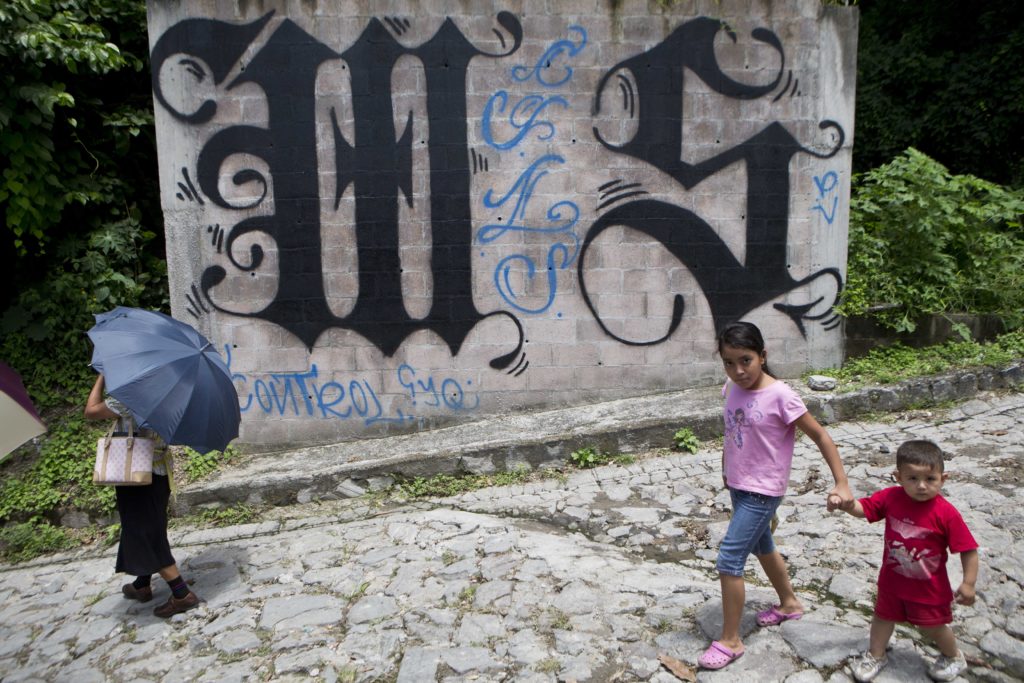
Stopping U.S. Assistance to Central America is Counterproductive and Misinformed
U.S. Government Should Address Structural Factors Behind Desperation in the Northern Triangle Last week, President Trump announced that he would…
Displaying 25-36 results out of 50
Sort by
Layout

U.S. Government Should Address Structural Factors Behind Desperation in the Northern Triangle Last week, President Trump announced that he would…

As the political, social, and economic crisis in Venezuela worsens, more and more Venezuelans are fleeing their country. Countries across…

In recent months the Mara Salvatrucha, or MS-13, gang has been placed front and center in the national U.S. immigration…

The U.S. government arms, equips, trains, builds facilities for, shares intelligence with, and operates alongside military and police forces in…

Documents Show Special Ops Training in the Region Tripled From 2007 to 2014 The U.S. military’s most elite forces have…

The successes and failures of Rio de Janeiro’s Police Pacification Units offers important lessons learned for other countries in the region looking to move away from “mano dura” security policies.

U.S. assistance to Latin America has dropped near the lowest levels in over a decade. But while U.S. diplomatic efforts are flagging, other less transparent forms of military-military cooperation are on the rise. In their new report, WOLA, LAWG, and CIP examine new trends in U.S. security assistance to Latin America.

The relationship between civil society and public safety officials in Brazil has evolved steadily over the past three decades. However, despite certain political openings for rights-respecting policies at the state and federal level, deep-seated obstacles remain that frequently hinder the reforms’ potential for success.

Subscribe with your email to receive exclusive reports and expert research directly to your inbox every week.
(Your privacy is important to us; your information will be kept confidential and secure.)